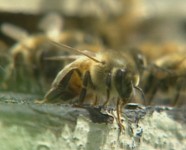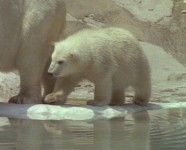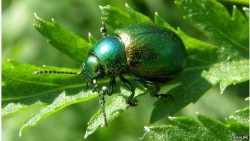Pitcher plant in France eats bee-killing Asian hornets

Pitcher plant in France eats bee-killing Asian hornets BBC Europe Bee-killing Asian hornets spreading across Europe now face a natural enemy that lures them to destruction – a carnivorous North American plant, French experts say. The head of a botanical garden in Nantes, western France, says the pitcher plant Sarracenia … Continue reading





